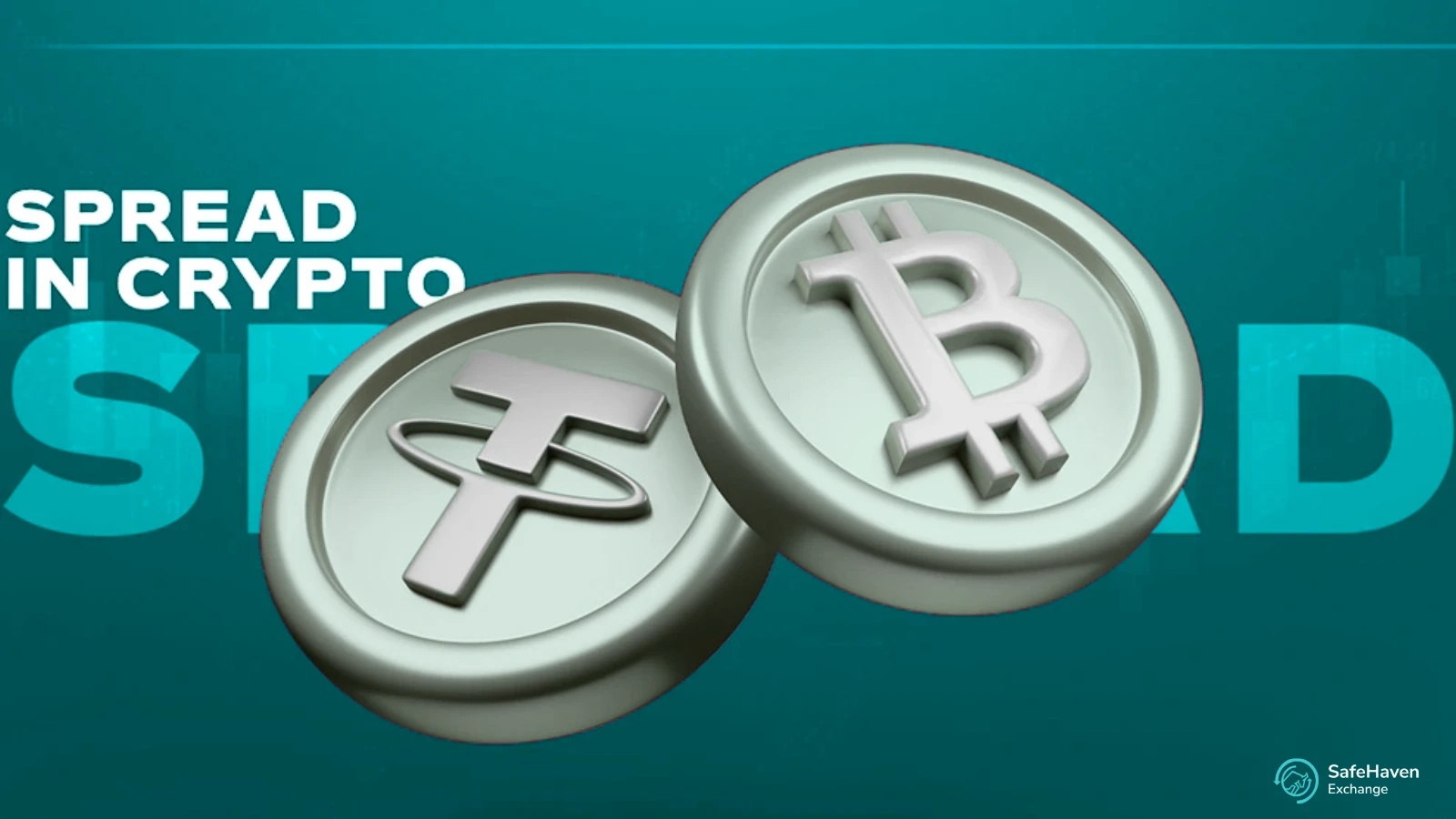For centuries, international trade has relied on a complex web of banks, clearinghouses, and payment processors. This traditional system, while functional, is often slow, costly, and riddled with inefficiencies. Today, a new financial technology is challenging this status quo. Cryptocurrencies are fundamentally reshaping how businesses handle international payments and export operations, offering a faster, cheaper, and more transparent alternative. A key driver of this change is the rise of the p2p trading platform, which facilitates direct cross-border transactions without intermediaries.
This article explores the significant impact of digital currencies on the global trade landscape. We will examine how they overcome the hurdles of traditional finance, the specific advantages they offer exporters, and the role a p2p trading platform plays in this evolution. We’ll also cover the risks and considerations businesses must navigate when adopting this innovative technology.
The Shortcomings of Traditional Cross-Border Payments
Before diving into the solutions offered by crypto, it’s essential to understand the problems with the current system. Businesses engaged in international trade face several persistent challenges when moving money across borders.
1. High Transaction Costs
International wire transfers involve multiple intermediary banks, each charging a fee for its service. These fees, which include transfer charges, currency conversion markups, and receiving fees, can accumulate quickly. For small and medium-sized enterprises (SMEs) operating on thin margins, these costs can significantly erode profitability. A single transaction can cost anywhere from $25 to $50, not including the hidden costs in unfavorable exchange rates.
2. Slow Settlement Times
A standard international bank transfer can take anywhere from three to five business days to settle. This delay is due to the multiple steps involved, including compliance checks, different time zones, and banking holidays. For exporters, this waiting period ties up working capital, delaying their ability to fund new production cycles or invest in growth. It creates a cash flow bottleneck that can stifle business operations.
3. Lack of Transparency and Traceability
Once a payment is sent, tracking its progress is often difficult. The complex network of correspondent banks makes it hard to pinpoint where a payment is at any given moment. This lack of transparency can lead to uncertainty and disputes between buyers and importers. If a payment is lost or delayed, resolving the issue can be a frustrating and time-consuming process.
4. Accessibility and Financial Inclusion
In many developing nations, access to traditional banking services is limited. This creates a significant barrier for entrepreneurs and businesses looking to participate in the global market. Without a bank account, engaging in international export is nearly impossible through conventional channels. This financial exclusion prevents countless businesses from accessing global customers and unlocking their economic potential.
Crypto’s Answer to International Payment Woes
Cryptocurrencies and the blockchain technology that underpins them offer elegant solutions to these long-standing problems. By enabling direct, peer-to-peer transactions, they can bypass the cumbersome traditional financial infrastructure.
H2: The Role of a P2P Trading Platform in Global Trade
A peer-to-peer (p2p) trading platform acts as a digital marketplace where users can buy and sell cryptocurrencies directly with one another. In the context of international trade, these platforms serve as a crucial gateway for businesses to convert their local currency into cryptocurrency (like a stablecoin) and send it directly to their overseas partner. The recipient can then use the same platform to convert the cryptocurrency back into their own local currency.
This model circumvents the traditional banking system entirely. Instead of routing a payment through multiple banks in different countries, a business can execute a single, direct transaction on a p2p trading platform. This process offers several distinct advantages.
Advantages for Exporters and Importers
Drastically Reduced Transaction Fees
Because they eliminate intermediaries, cryptocurrency transactions are significantly cheaper. While network fees (or “gas fees”) exist, they are often a fraction of what traditional banks charge, especially for large transactions. A p2p trading platform may charge a small fee, but the total cost remains far lower than the accumulated fees of a wire transfer. This cost-saving directly improves the bottom line for exporters.
Near-Instant Settlement
Blockchain transactions are processed and confirmed in minutes, not days. This speed is a game-changer for managing cash flow. An exporter can receive payment almost instantly after an agreement is made, allowing them to reinvest capital into their business immediately. This accelerates the entire trade cycle, from production to payment, boosting efficiency and competitiveness.
Unmatched Transparency and Security
Every transaction on a public blockchain is recorded on an immutable, distributed ledger. This means that both the sender and receiver can verify the transaction’s status in real-time. This transparency eliminates the uncertainty associated with traditional systems and builds trust between trading partners. The cryptographic security of the blockchain also protects against fraud and unauthorized alterations.
Enhanced Global Accessibility
Cryptocurrencies are borderless. Anyone with an internet connection can access and use them, regardless of their location or access to traditional banking. A p2p trading platform opens up global markets to entrepreneurs in underbanked regions, fostering greater financial inclusion. An artisan in a remote village can now sell their goods to a customer in a different continent and receive payment directly, empowering local economies.
How Businesses Are Using Crypto in Export Operations
The theoretical benefits are clear, but how does this work in practice? Let’s explore some real-world applications.
1. Using Stablecoins to Mitigate Volatility
One of the primary concerns with using cryptocurrencies like Bitcoin or Ethereum for payments is their price volatility. A payment’s value could change dramatically between the time it’s sent and received.
To solve this, businesses are increasingly turning to stablecoins. These are cryptocurrencies pegged to a stable asset, typically a fiat currency like the U.S. dollar (e.g., USDC, USDT). By using stablecoins, businesses can get all the benefits of a crypto transaction—speed, low cost, and transparency—without the risk of price fluctuations. A transaction for $10,000 worth of USDC will remain valued at $10,000 upon arrival.
2. Streamlining Supply Chain Finance
Blockchain technology is also being used to streamline supply chain finance. Smart contracts—self-executing contracts with the terms of the agreement written into code—can be used to automate payments.
For example, a smart contract could be programmed to automatically release payment to an exporter once a shipment’s arrival is confirmed by a GPS tracker or a digital bill of lading. This automation reduces administrative overhead, minimizes disputes, and ensures that payments are made on time, every time.
3. Hedging Against Currency Devaluation
For businesses operating in countries with unstable national currencies, cryptocurrencies offer a hedge against inflation and devaluation. Exporters can choose to hold payments in a stablecoin or another digital asset rather than converting them immediately into a volatile local currency. This strategy helps protect the value of their earnings and provides a more stable store of wealth. Many use a p2p trading platform to move their funds from the local currency into a more stable digital asset.
Navigating the Risks and Challenges
Despite the immense potential, adopting cryptocurrencies for international trade is not without its challenges. Businesses must be aware of the risks involved and take steps to mitigate them.
Regulatory Uncertainty
The regulatory landscape for cryptocurrencies varies widely from country to country. Some nations have embraced digital assets, while others have imposed strict restrictions or outright bans. Businesses must stay informed about the legal and tax implications in all jurisdictions they operate in. Navigating this complex regulatory patchwork requires diligence and often legal counsel.
Security Concerns
While blockchain technology itself is secure, the platforms and wallets used to store and trade cryptocurrencies can be vulnerable to cyberattacks. Businesses must implement robust security practices, including:
- Using hardware wallets for storing large amounts.
- Enabling two-factor authentication (2FA) on all accounts.
- Being vigilant against phishing scams.
- Choosing a reputable p2p trading platform with a strong security track record.
Technical Learning Curve
For those unfamiliar with the technology, there is a learning curve. Understanding how wallets, private keys, and blockchain explorers work is crucial for transacting safely. Businesses need to invest time in educating their finance teams to ensure they can manage digital assets competently. Fortunately, user-friendly platforms and educational resources are becoming more widely available, simplifying the onboarding process.
The Future of Trade is Decentralized
The shift towards cryptocurrencies and decentralized finance in international trade is more than a fleeting trend; it represents a fundamental evolution in how the world does business. The ability to move value across borders quickly, cheaply, and securely is a powerful catalyst for global economic growth.
Platforms that facilitate this shift, like a robust p2p trading platform, are at the forefront of this revolution. They are democratizing access to global markets, empowering small businesses, and creating a more efficient and inclusive financial system.
While challenges remain, the advantages are too compelling to ignore. As technology matures and regulatory frameworks become clearer, the adoption of cryptocurrencies for international payments and export will only accelerate. Businesses that embrace this change today will be best positioned to thrive in the increasingly interconnected and digital global economy of tomorrow.
Your Next Step into Global Trade
Are you an exporter or importer looking to reduce costs and accelerate your payment cycles? Exploring a p2p trading platform could be your first step toward leveraging the power of cryptocurrencies for your business. Start researching reputable platforms today to see how you can streamline your international transactions and gain a competitive edge.







